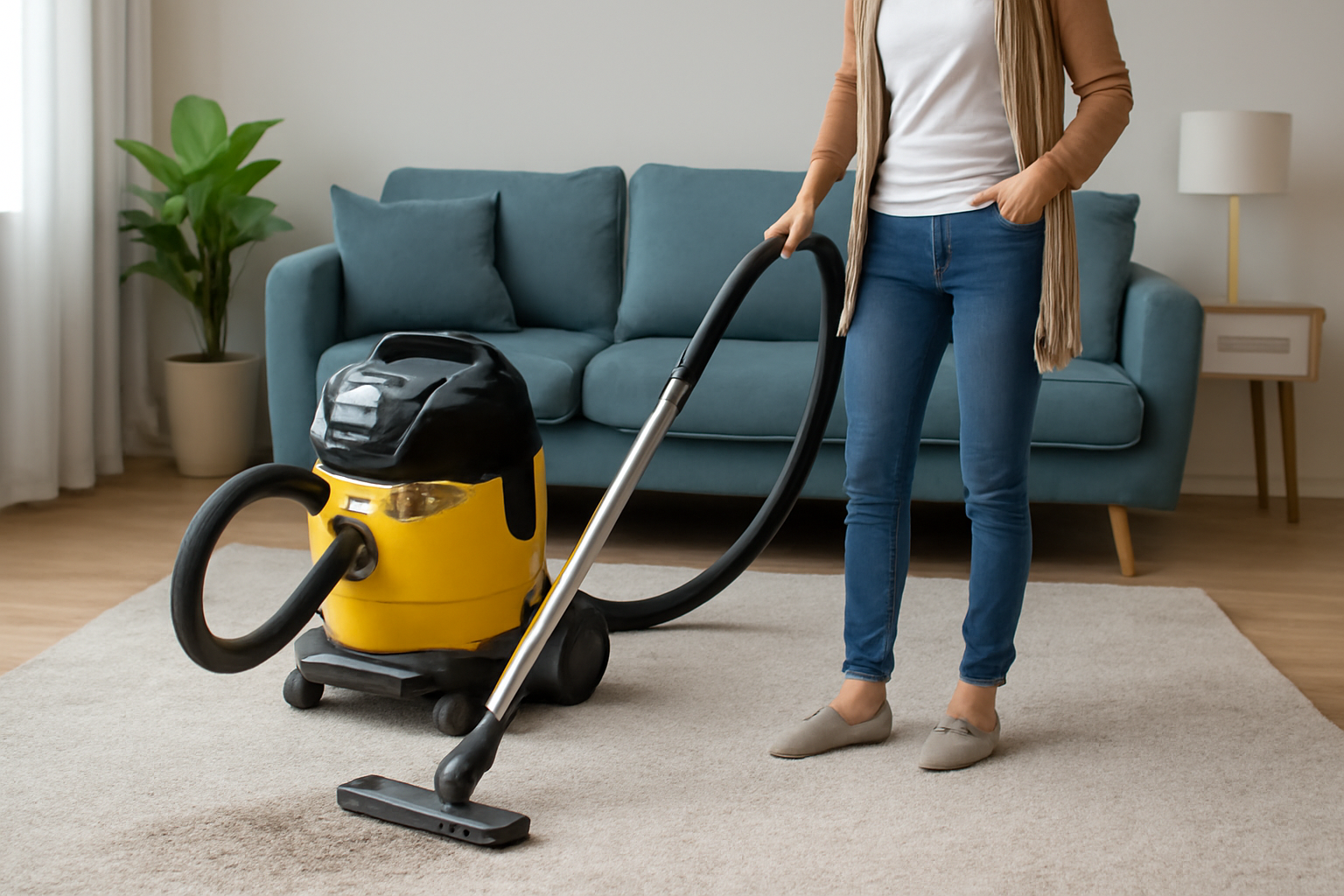For allergy sufferers, maintaining a clean home is crucial to managing symptoms. Dust, pet dander, pollen, and other allergens can accumulate in your home, triggering allergy symptoms such as sneezing, itching, and respiratory issues. While regular cleaning is important, using the right vacuum cleaner can make a significant difference in reducing allergens and improving air quality. This article explores how vacuum cleaners can help with allergy relief and the key features to look for when choosing a vacuum.
1. The Role of Vacuum Cleaners in Allergy Relief
Vacuum cleaners can help reduce allergens in your home by removing dust, pet hair, pollen, and other airborne particles that settle on floors, carpets, and furniture. A vacuum cleaner with a strong filtration system is especially beneficial for allergy sufferers, as it can trap tiny particles that may trigger allergic reactions. Regular vacuuming, especially in high-traffic areas, is essential for keeping allergens under control. For more information on effective cleaning, check out this vacuuming tips article.
2. HEPA Filters and Their Importance
One of the most effective features in a vacuum cleaner for allergy relief is the HEPA filter. HEPA (High-Efficiency Particulate Air) filters trap particles as small as 0.3 microns, which includes many common allergens such as dust mites, pollen, and pet dander. A vacuum with a HEPA filter ensures that the air released back into your home is free from these allergens, making it a critical feature for allergy sufferers. To learn more about HEPA filters, visit this guide on HEPA filters.
3. Vacuum Cleaners with Advanced Filtration
In addition to HEPA filters, some vacuum cleaners come with additional features that enhance their ability to trap allergens and improve air quality:
Cyclonic Technology: Vacuums with cyclonic technology help maintain suction power by preventing dust from clogging the filter. This ensures that the vacuum can continue to pick up dirt and allergens without losing efficiency.
Activated Carbon Filters: Some vacuums include activated carbon filters, which help eliminate odors and trap volatile organic compounds (VOCs) that can also trigger allergic reactions.
4. Conclusion
Vacuum cleaners play an important role in managing allergies by removing allergens from your home. A vacuum with a HEPA filter, strong suction power, and advanced filtration features can significantly improve indoor air quality and reduce allergy symptoms. By vacuuming regularly and using the right vacuum cleaner, you can create a healthier living environment and alleviate allergy symptoms.
For more information about our products, visit www.lxvacuum.com.


















